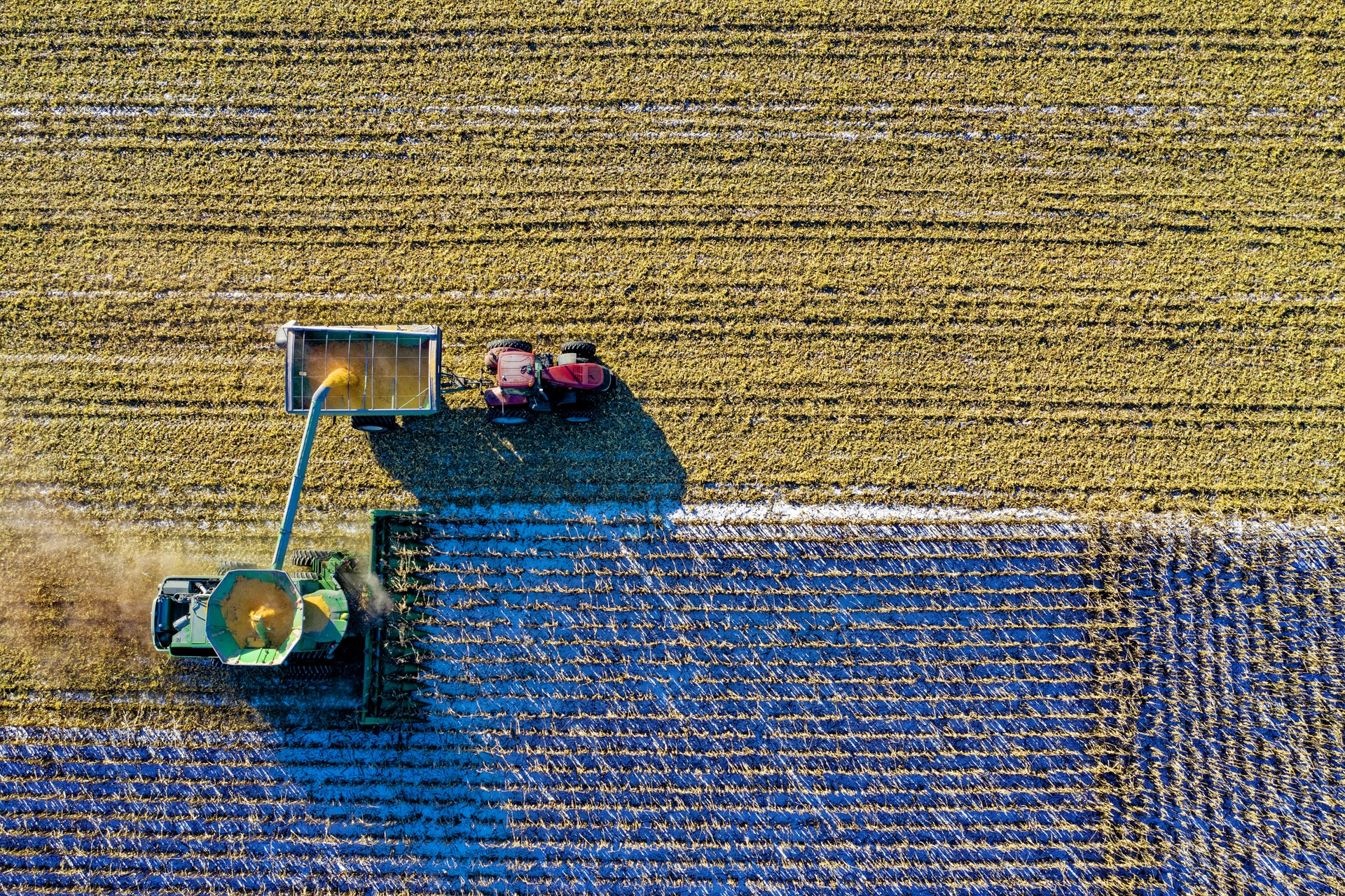The Future Is Farming: Why Agricultural Careers Matter
/Generation Z are the ones who want to change the world. Naturally geared towards equality, making a change and having a voice, many of today's children are already dreaming about making an impact. A generation with a social conscience, they have seen how people can come together and make change happen. Born into times of global conflict and uncertainty, they dream of quietly better days. Many of them will be thinking of careers in social enterprise, policy or charitable organisations as a route to make it happen. Still others will dream of entrepreneurship - working hard to make something for themselves. But how many have considered agriculture as a career path which would allow them to do all these things.
While it may not be the obvious route in, finding an Agriculture grad job is a crucial step towards shaping a better future. A viable route to great personal success and having a say in creating a sustainable future for society, there are many reasons why farming is quite literally the future.
Rising To A Challenge
The challenge is acute - the planet needs to produce 50 per cent more food and a far cleaner and less resource intense system of producing it, by 2050. The problems of accelerating climate change, fewer natural resources and declining arable space are immense, and the brightest and best are needed to solve the problems of nutrition, food security and poverty. A new, cross-sector approach combining biochemical engineering, agriculture and land management is going to make farming at the forefront of some huge developments in the coming years.
Fighting Global Poverty
Railing against economic injustice is one thing, but finding a solution is complicated, right? Well, it turns out that farming could hold the key to finding a balance. Agriculture has been proven as up to four times more effective in reducing poverty than other business sectors. It's a critical part of the answer when it comes to improving the livelihoods and the health of those areas of the world living in poverty. Producing a greater abundance of nutritious food is one of the biggest challenges facing humankind. For those looking for a meaningful career that has the potential to have a huge impact, farming is a way to connect and try to solve that challenge.
Using Technology
Technology is being applied to the ancient art of agriculture to help solve some of these pressing problems, and one area that is especially important is applying some of the biggest tech advancements of recent time to the challenges of farming, with the aim of increasing both the nutritional quality and the volume of farming output. Over the last few years, ancient occupations such as agronomy (or ‘crop doctoring’) have changed beyond recognition thanks to the application of things such as GPS soil mapping, data management and advanced chemicals. Now, agriculturalists can precisely map out small variations of soil quality, water tables and other features within a field and take a strategy-led approach to farming the land. This also greatly increases the efficacy of pesticides and fertilising chemicals, which can be used more precisely and selectively to achieve better results.
A Path To Success
It isn't all altruism that a career in farming promotes - it can also be a great field for business minds focused on turning a profit. Agribusiness, and especially bright ideas about how to use more efficiently those things that have traditionally been considered waste products, creates jobs for others and drives a personal profit. There are opportunities to create brands and do big business, especially as products with an ethical purpose resonate with today's consumers, and the growing numbers of people choosing to lead vegan lifestyles creates more of a market for new plant based products. Meeting that need means making money - while also creating employment that counters rural poverty.
Creating New Sectors
Have you heard of ‘agritecture’ yet? This new approach is weaving together technology, architecture and agriculture for a more joined up approach to growing food which also limits the impact on the environment of preserving and transporting organic matter. A new concept called vertical farming has been revolutionising agricultural practice. To solve the problem of increasing urbanisation and the resulting pressures on arable land, farming has responded by rising up - literally. Instead of spreading out over hectares, vertical climate and light controlled cylinders are used for growing crops and vegetables. Using less water as well as less land mass the cylinders also create their own digitally-controlled microclimate, eliminating some of the traditional problems of extreme weather. The cylinders are also packed with a multitude of sensors and cameras to provide a constant stream of data which is used to optimise conditions and plant growth.






















